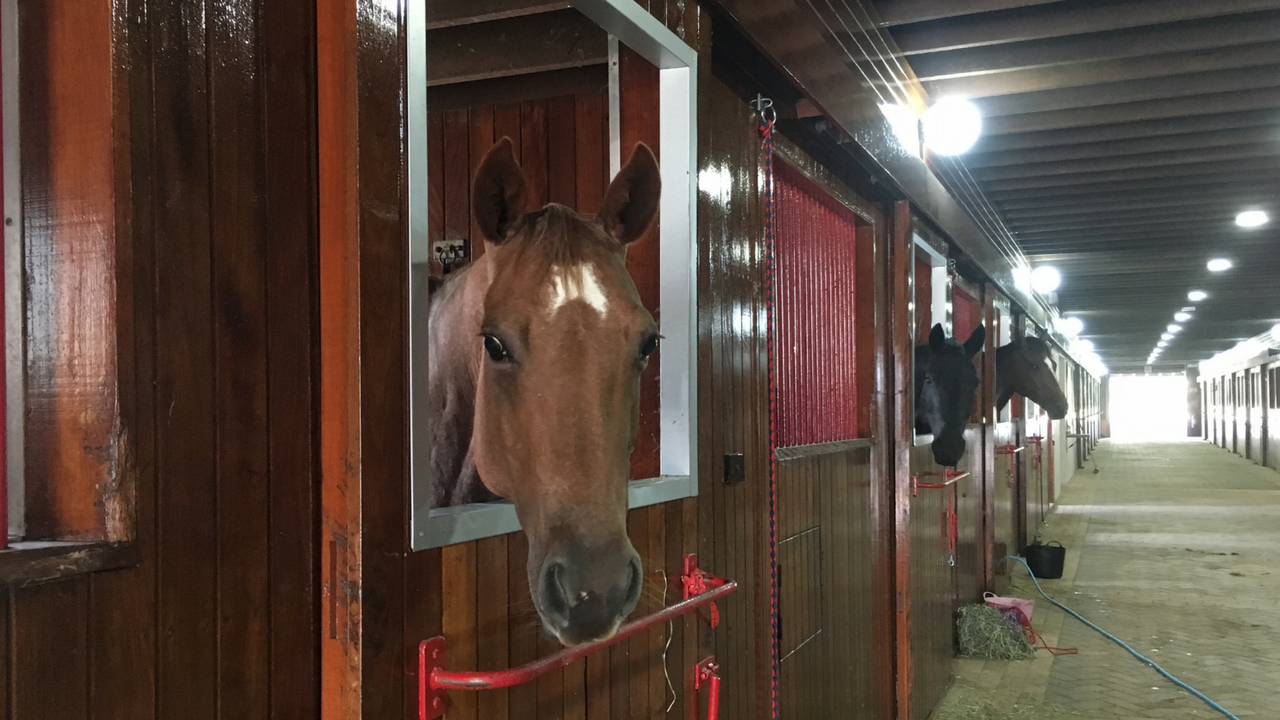
When we buy a horse, we all know what our responsibilities are (well, I'm sure those of you that have made it to #97 in this series are the type of owners that take this very seriously), we know we must provide food, shelter and fresh water. We're aware of the need to keep the horse healthy and provide veterinary care when required. Most of us also know that we must provide well-fitted tack so the horse does not experience the pain of an ill-fitting saddle or bit. Sadly, evidence reveals we are less clear on providing for our horse's social and psychological needs.
Most of us are familiar with the RSPCA's 5 Freedoms which state that the horse should have:
"1) Freedom from hunger and thirst: by ready access to fresh water and a diet to maintain full health and vigour.
2) Freedom from discomfort: by providing an appropriate environment including shelter and a comfortable resting area.
3) Freedom from pain, injury or disease: by prevention through rapid diagnosis and treatment.
4) Freedom to express normal behaviour: by providing sufficient space, proper facilities and company of the animal’s own kind.
5) Freedom from fear and distress: by ensuring conditions and treatment which avoid mental suffering."
The first three are fairly obvious and most people can quickly see when these needs are not being met (although not always and if you can think of a situation where it might be difficult to quickly assess one of these states then let me know in the comments area).
Number 4 is the one I referred to above and I'd be interested to hear your observations on this. Personally, since moving back to Australia, I've owned and trained more than ten stallions. Each one lived happily in a herd with other colts, stallions and geldings. This is the exception, not the rule, at least here in Australia (I know some European countries do better than most of us).
I'd like to hear about your observations and experiences with the first four FREEDOMS. Tell me about situations where you've seen them being met and where you haven't. Have you got some ideas about how people could improve their horse's welfare by making simple changes to any of the above principles? Let me know in the comments.
Next time, I'm going to concentrate on the fifth and final principle - possibly the most fundamental to horse training and often the most difficult to observe.
If you'd like this series delivered directly to your inbox, click here.

